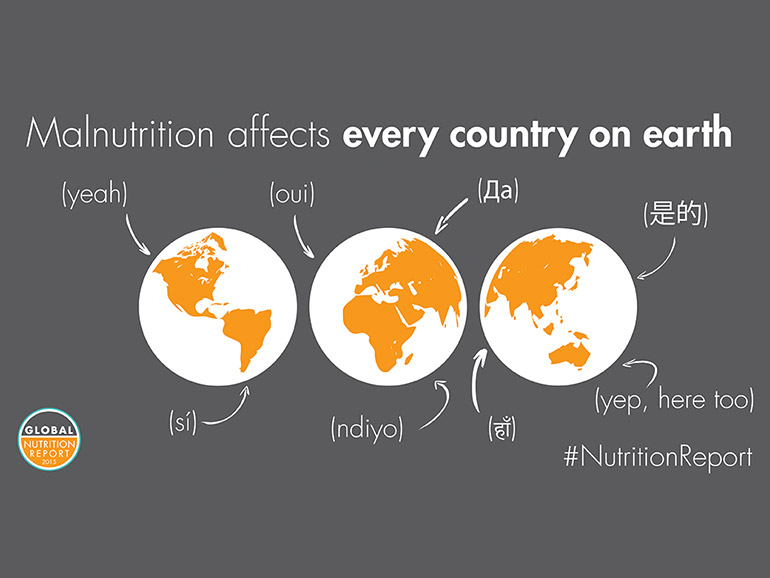Dupage County Partnership
Background
DuPage County, located just west of Chicago, Illinois, is home to more than 900,000 people. Historically, DuPage County has been identified as one of the wealthiest counties in the nation as well as one of the healthiest ones according to the National County Health Rankings. Despite plentiful resources, the public health system in DuPage County is challenged by significant socio-economic changes among its most vulnerable residents, including women and children in the critical 1,000 day window.
We often think of malnutrition as an issue “over there.” Whether we imagine it to be an issue affecting people in other countries, or even people in other communities, we don’t often think malnutrition is affecting children and families in our own neighbor hoods. But the numbers tell us a different story.
Data
Estimates bring the number of DuPage County children experiencing food insecurity in 2012 to 37,130(15%), and approximately 20,000 DuPage County children are living in poverty.1,2 The impact of food insecurity and poverty on child health and development is well-documented and emerging evidence around the “origins of health and disease” shows the link between early-life exposure (including food and nutrition, or lack thereof) on long-term health and disease, including obesity, heart disease and cancer. Across DuPage County, at least one in four kindergarteners entering public school is overweight or obese, and these numbers climb as children get older.3 And while breastfeeding initiation rates are similar to those for the State of Illinois, with nearly 80% of babies starting on breastmilk, by just 2 months of age just 55% of babies are being breastfed.4
Partnership
This is just a snapshot of the state of the first 1,000 Days in DuPage County. Yet there is strong scientific evidence that shows that proper nutrition during the critical 1,000 day window—from a woman’s pregnancy through a child’s second birthday—provides the essential building blocks for brain development, healthy growth, and a strong immune system. As a result, DuPage County partners, including the DuPage County Health Department, the DuPage Federation on Human Services Reform, Loaves & Fishes, and People’s Resource Center, have teamed up with 1,000 Days, a leading maternal and child health advocacy organization working to ensure good nutrition for mothers and children during the critical window from pregnancy through age two in the U.S. and around the world.
Action
1,000 Days: DuPage County is focusing its efforts on two priority areas: breastfeeding and food insecurity. By encouraging practices that support breastfeeding in hospitals and workplaces, and assessing food insecurity in our community, we strive to ensure a healthy start from pregnancy through age two.
Contact Us
For more information on 1,000 Days: DuPage County or to get involved, please contact:
Lorena Vaughn,
Program Director, Early Childhood Regional Collaboration
DuPage Federation on Human Services Reform
lvaughn@dupagefederation.org
[1]DuPage Data, Feeding America; Mind the Meal Gap 2014
[2]U.S. Census Bureau, 2009-2013 American Community Survey 5-Year Estimates
[3]DuPage County Health Department, FORWARD
[4]March of Dimes Peristats, 2014






